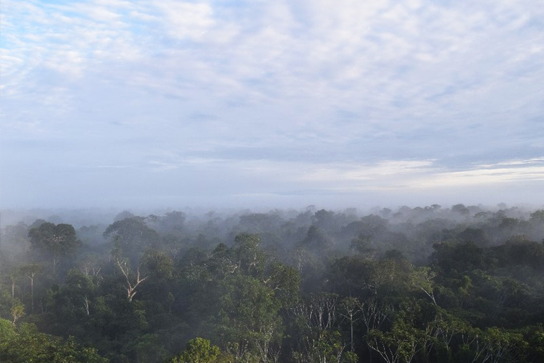 Climatic phenomena such as El Nino and La Nina are known to impact the Northern Peruvian Coastline, bringing torrential rains and abnormally dry conditions, respectively. The impacts of these phenomena in the south-eastern region of Madre de Dios and how they impact food availability and mercury exposure to people is unknown. For riverine communities in MDD, the potential for lower crop yields due to severe weather could cause a greater dependence on fish consumption and therefore a greater risk of methylmercury exposure.
Climatic phenomena such as El Nino and La Nina are known to impact the Northern Peruvian Coastline, bringing torrential rains and abnormally dry conditions, respectively. The impacts of these phenomena in the south-eastern region of Madre de Dios and how they impact food availability and mercury exposure to people is unknown. For riverine communities in MDD, the potential for lower crop yields due to severe weather could cause a greater dependence on fish consumption and therefore a greater risk of methylmercury exposure.
This prospective birth cohort study is designed to enroll 240 pregnant women in four clinics across MDD to measure in-utero mercury exposure, DNA damage and the extent to which seasonal changes has impacted food availability.
The project’s results will aid in better understanding how extreme weather and seasonality impact food availability and methylmercury exposure and will attempt to quantify mercury exposure for the most vulnerable. This project is currently awaiting IRB approval.
